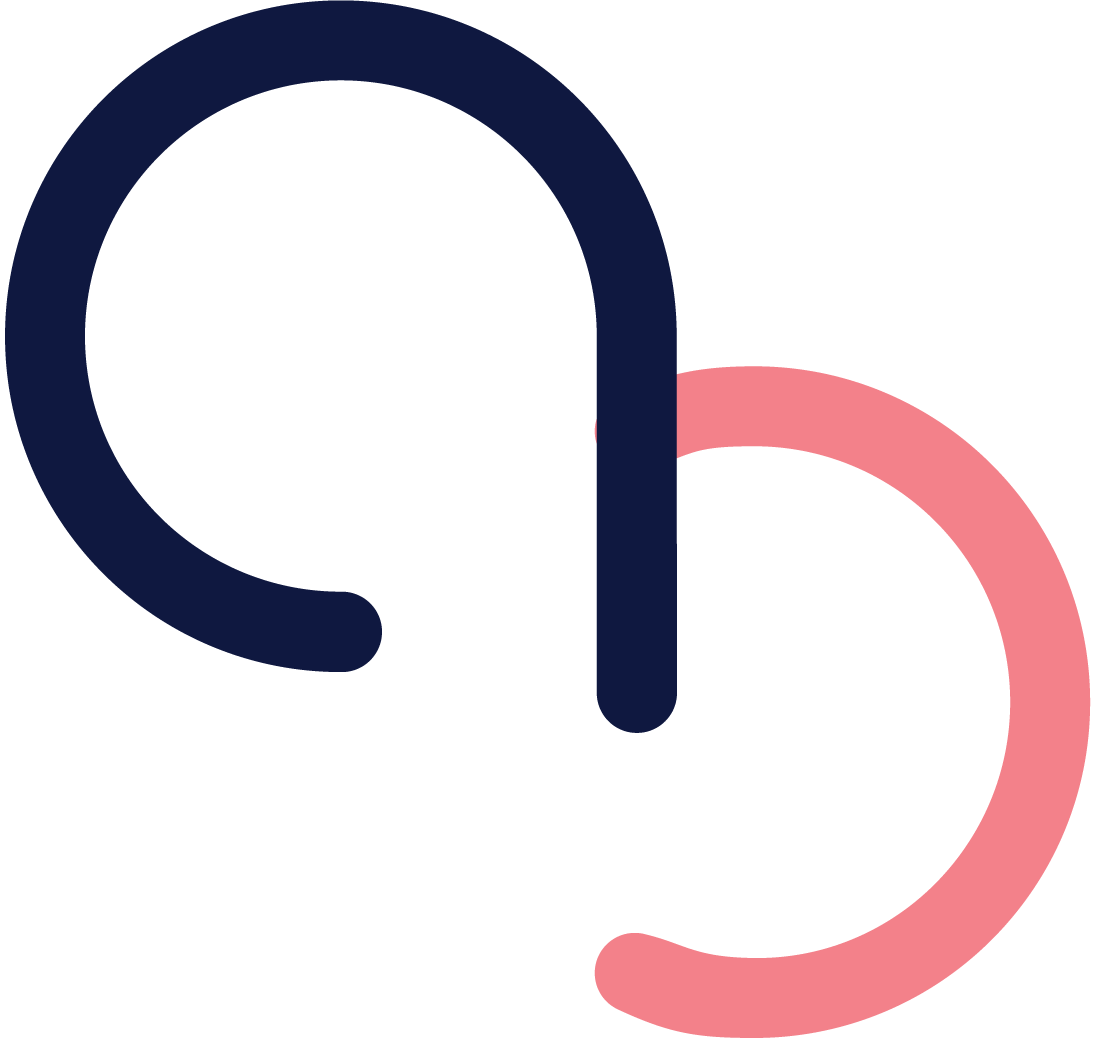Pediatric Neurology: Caring for a Child’s Neurological Health
Neurology is a branch of medicine that focuses on the diagnosis and treatment of diseases of the nervous system. A pediatric neurologist is specialized in the care of children’s neurological health, from birth to adolescence. At AuriCor Polyclinic, our pediatric neurologist is dedicated to timely diagnosis and treatment of neurological disorders, as well as providing support in ensuring healthy development of the child’s nervous system.
What Does a Pediatric Neurologist Do?
The pediatric neurologist focuses on the diagnosis and treatment of a wide range of neurological conditions and disorders. These include:
- Epilepsy – The neurologist conducts a thorough clinical examination to diagnose the types of epileptic seizures and determine the best treatment plan.
- Migraines and headaches – Problems with headaches in children can be complex, and the neurologist helps in recognizing and treating them.
- Developmental disorders – Conditions such as autism, ADHD (attention deficit hyperactivity disorder), and other developmental disorders require special attention and expertise.
- Other neurological diseases – Disorders such as cerebral palsy, muscular dystrophy, and neurofibromatosis are also within the pediatric neurologist’s area of expertise.
- Sleep disorders – Sleep problems, including sleep apnea and nightmares, can significantly affect the overall health of a child.
Neurological Issues in Children
The child’s brain and nervous system undergo significant changes during growth and development, and in some cases, neurological problems arise. Disorders that may occur include:
- Epilepsy – A neurological disorder characterized by a wide range of symptoms, consciousness disturbances, and motor or sensory issues. Different types of seizures require different approaches to treatment.
- Cerebral palsy – A condition affecting motor skills and coordination due to brain damage that may occur during pregnancy, childbirth, or after birth.
- Developmental disorders – Children with developmental disorders may experience difficulties with learning, communication, or socialization.
- Migraines and other headaches – Although often considered an “adult” issue, migraines and headaches can also occur in children, causing pain and discomfort.
- Attention disorders – ADHD and other disorders affect a child’s ability to concentrate and control impulses.
Diagnosis in Pediatric Neurology
Diagnosing neurological problems in children is very challenging and may require a multidisciplinary approach. The pediatric neurologist uses various diagnostic tools and methods, including:
- Anamnesis and clinical examination – Gathering detailed information about the child’s medical history, symptoms, and development, along with a thorough clinical examination, is crucial for an accurate diagnosis.
- Neurological tests – The neurologist conducts a series of tests to assess motor skills, sensory functions, and cognitive abilities.
- Electroencephalography (EEG) – This test measures the electrical activity of the brain and is used to diagnose epilepsy and other neurological disorders.
- Imaging tests – MRI (magnetic resonance imaging) and CT (computed tomography) are used to thoroughly examine brain structure and identify abnormalities.
- Genetic tests – In some cases, genetic testing may help detect hereditary neurological disorders.
Treatment of Neurological Conditions and Diseases
After diagnosing a neurological disorder, the pediatric neurologist develops an individualized treatment plan that may include:
- Medication – Medications are used to control symptoms, such as antiepileptics for epilepsy.
- Therapy – Various types of therapy, such as physiotherapy, occupational therapy, or speech therapy, can help the child develop missing skills and overcome challenges.
- Education and support – Parents and caregivers play a key role in supporting the child’s development. Education about the child’s condition and available resources helps empower them to support the child’s skills development.
- Behavioral interventions – For children with developmental disorders, interventions focusing on social skills and behavior management are extremely beneficial.
Long-Term Monitoring and Care
The individual needs of children with neurological disorders vary, and long-term monitoring is crucial for ensuring optimal development and health preservation. Regular follow-up appointments allow the neurologist to assess progress, adjust therapy, and provide the necessary support for the child.
Closing
At AuriCor Polyclinic, our pediatric neurologist is dedicated to the health and well-being of every child. If you notice symptoms that concern you or have questions about your child’s neurological health, feel free to contact us and schedule an appointment. Our goal is to provide timely diagnosis of neurological issues and offer the best possible care and support in caring for your child’s health.



